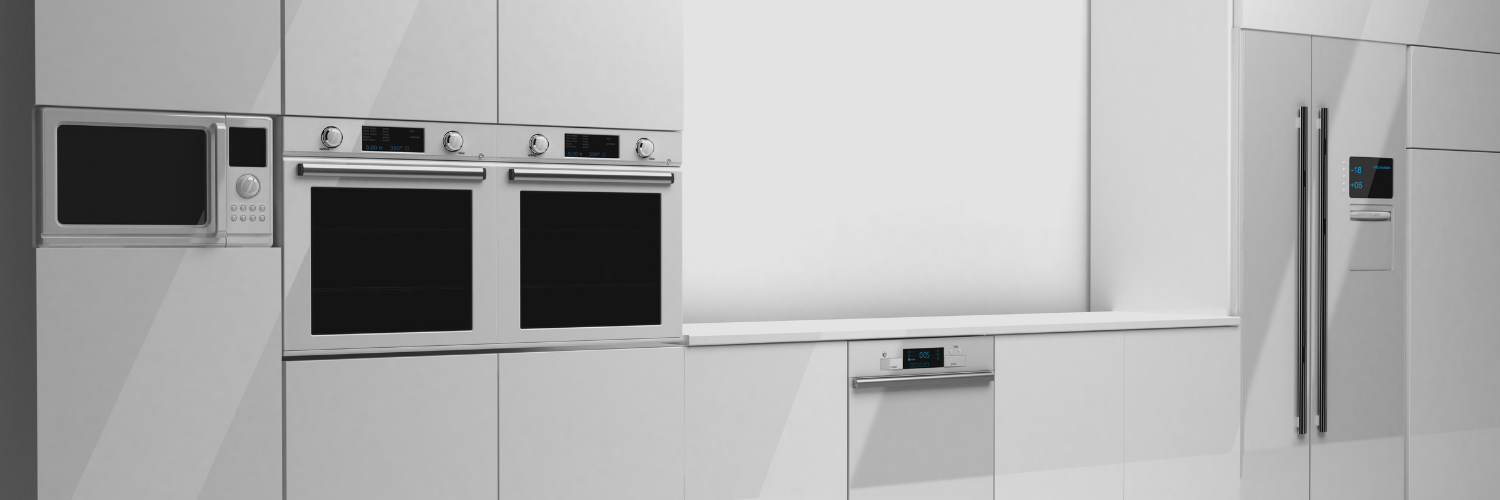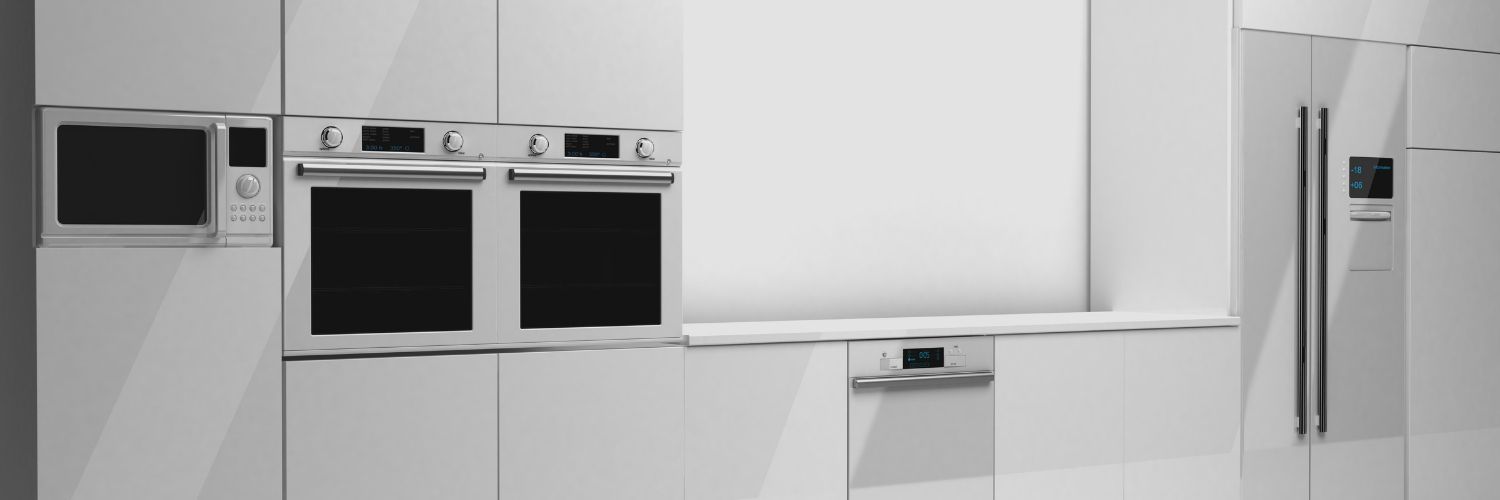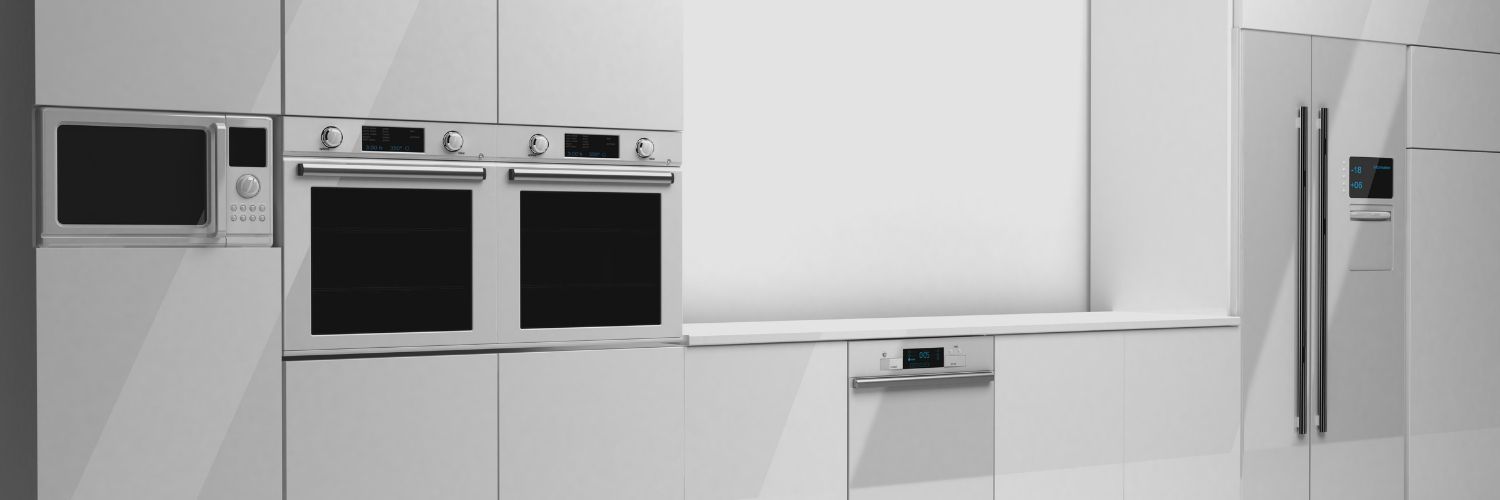Troubleshooting Guide: Microwave Spins But Not Heating
Microwaves have become an indispensable appliance in modern kitchens, offering quick and convenient cooking solutions. However, encountering issues like the microwave spinning but not heating can be frustrating. In this guide, we delve into the possible reasons behind this problem and offer practical solutions to resolve it.
Understanding Microwave Operation
Microwaves work by emitting electromagnetic radiation, specifically microwaves, which cause water molecules in food to vibrate, generating heat through friction. This section explains the basic principle of microwave operation.
Common Causes of Spinning Without Heating
Explore the various factors that could lead to a microwave spinning without heating. From mechanical issues to faulty components, understanding these causes is crucial for effective troubleshooting.
Faulty Magnetron: The Culprit Behind Non-Heating Microwaves
The magnetron is the component responsible for generating microwave radiation. Learn how a malfunctioning magnetron can result in a spinning but non-heating microwave.
Diagnosing Magnetron Issues
This section provides detailed steps to diagnose magnetron problems, such as testing for continuity and checking for visible signs of damage.
Capacitor Malfunction: Impact on Heating Functionality
Capacitors store electrical energy and release it to power various microwave components. Discover how capacitor malfunction can disrupt the heating function of your microwave.
Testing Capacitor Health
Learn how to test the capacitor's health using a multimeter and identify potential issues that could affect its performance.
Faulty High Voltage Diode: A Barrier to Heating
The high voltage diode plays a crucial role in converting AC power to DC power for the magnetron. Explore how a faulty diode can prevent the microwave from heating properly.
Diagnosing High Voltage Diode Problems
This section outlines the diagnostic process for high voltage diode issues, including testing for continuity and checking for signs of damage.
Defective Door Switches: An Overlooked Culprit
Door switches ensure that the microwave only operates when the door is securely closed. Discover how defective door switches can contribute to heating problems.
Testing Door Switch Functionality
Learn how to test the functionality of door switches using a multimeter and identify potential faults that may affect microwave operation.
Uneven Power Distribution: A Common Issue
Uneven power distribution within the microwave cavity can result in uneven heating or no heating at all. Understand how this issue can arise and its impact on microwave performance.
Rotating Turntable Mechanism: Ensuring Even Heating
The rotating turntable helps distribute microwaves evenly throughout the cavity, promoting uniform heating. Explore how a malfunctioning turntable mechanism can affect heating efficiency.
Testing Turntable Functionality
Discover how to test the turntable motor and mechanism to ensure smooth operation and even distribution of microwaves.
Microwave Interference: External Factors
External interference, such as nearby electronic devices or faulty wiring, can disrupt microwave operation. Learn how to identify and mitigate potential sources of interference.
Microwave Leakage: Safety Concerns
Microwave leakage poses serious safety risks and can also impact heating efficiency. Understand how to detect and address potential microwave leakage issues.
Conducting Microwave Leakage Tests
Learn how to perform microwave leakage tests using specialized equipment and ensure your microwave is operating safely.
FAQs:
Why is my microwave spinning but not heating?
There could be several reasons behind this issue, including a faulty magnetron, capacitor malfunction, defective door switches, uneven power distribution, or external interference.
How can I test if my microwave's magnetron is working?
You can test the magnetron's functionality by conducting a continuity test using a multimeter or inspecting it for visible signs of damage, such as burns or cracks.
What should I do if my microwave's capacitor is malfunctioning?
If you suspect a capacitor malfunction, it's best to replace it with a new one. However, ensure to discharge the capacitor safely before handling it to avoid electrical shocks.
Is microwave leakage dangerous?
Yes, microwave leakage poses serious health risks, including tissue damage and burns. It's essential to address any leakage issues promptly and ensure your microwave is operating safely.
Can external interference affect my microwave's performance?
Yes, external interference from nearby electronic devices or faulty wiring can disrupt microwave operation, leading to issues like spinning without heating.
Why is even power distribution important in microwaves?
Even power distribution ensures that food is heated uniformly, minimizing the risk of hotspots and ensuring consistent cooking results.
Conclusion
Troubleshooting a microwave that spins but doesn't heat requires patience and attention to detail. By systematically diagnosing and addressing potential issues with components like the magnetron, capacitor, and door switches, you can restore your microwave's functionality and enjoy hassle-free cooking once again.



